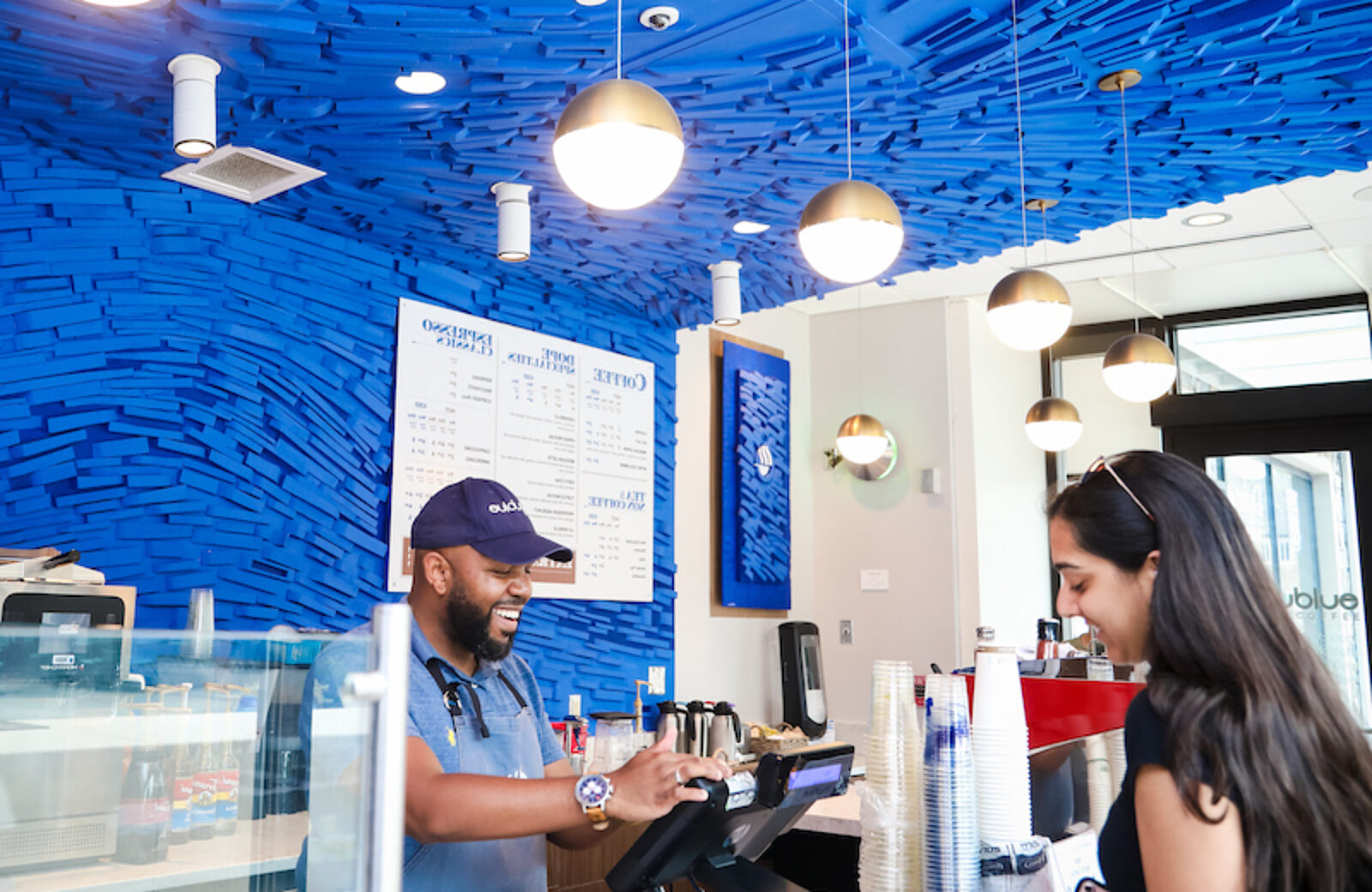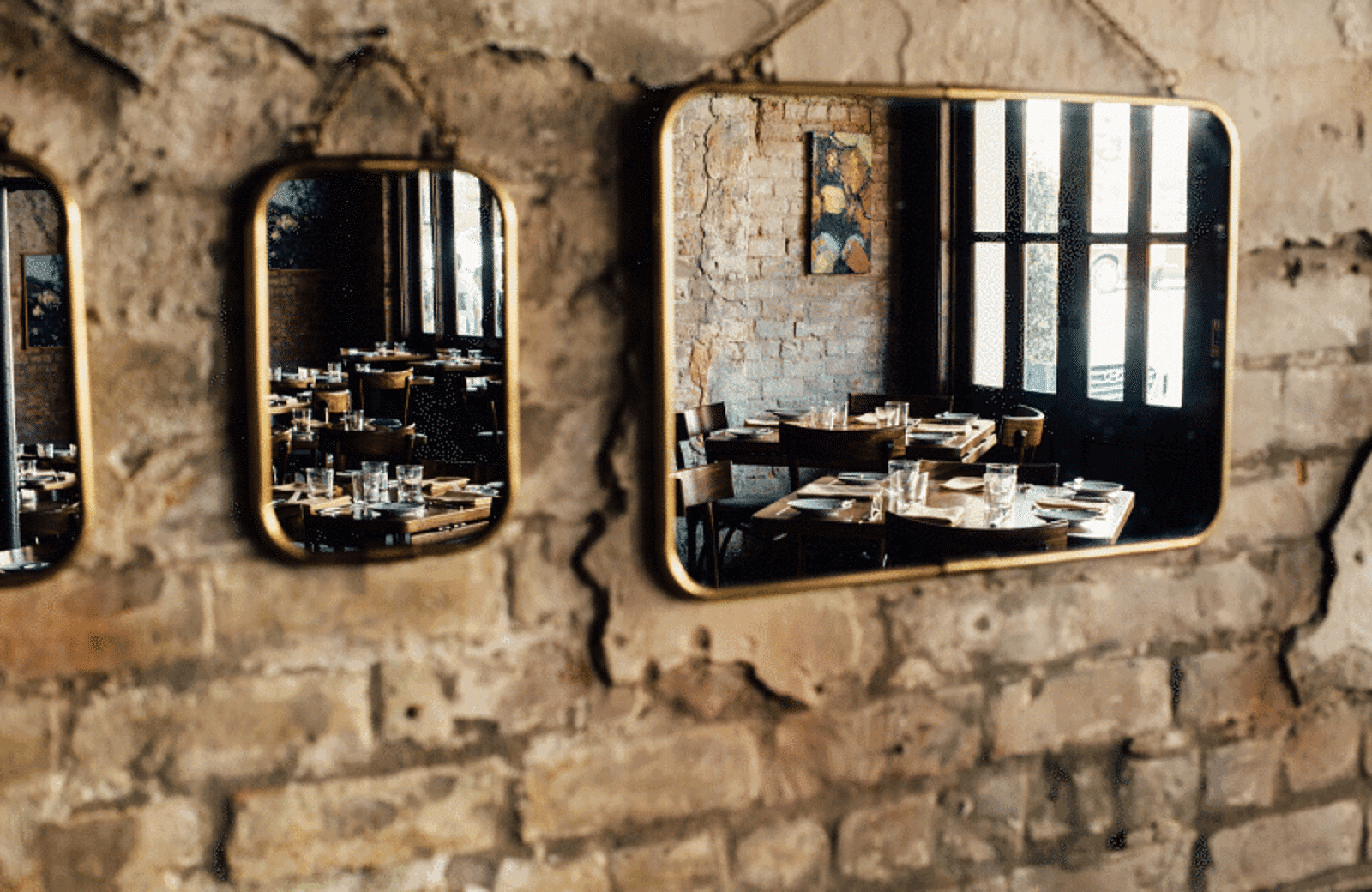How Black Brewers are Decolonizing the Craft Beer Industry

Vaughn Stafford GrayAuthor
The forty-plus-year-old craft beer industry in America is unfathomably white. Northwestern professor Lauren Michele Jackson noted this in an Eater article, sharing that craft breweries' founders, customer service staff, and patrons ("sipping $10 beers") tend to be Caucasian.
But these are not just observations; there's data to back it up. At the end of 2020, there were 8,884 craft breweries in the United States. Of these 8,884 craft breweries, approximately one percent are Black-owned. And of the 138,371 jobs created by the craft beer industry, Black workers account for only four percent.
Besides a long history of inequality, many issues make the craft beer industry difficult for brewers of color. Indigenous Peoples of the Americas own four percent of US craft breweries. Asian and Hispanic brewers each own two percent. However, a growing number of Black craft beer brewers are working assiduously to make the industry more diverse.
Black-owned breweries aren't a recent phenomenon in America. Five years after the end of Jim Crow, Theodore "Ted" Mack and a group of Black entrepreneurs purchased Peoples, an Oshkosh, WI brewery in 1970. With the tagline "Brewed to please YOU!" Mack created a beer that Black people could call theirs.
"Mack's desire to own a brewery stemmed from the idea that the Black community should become producers of the goods and services that it consumed — not just another market for white business interests to conquer," shared John Harry, who is, among other things, a beer historian. He donated an original People's can to the American Brewing History Initiative at the Smithsonian.
The average start-up cost for a craft brewery is between $500,000 and $1 million. Access to capital can be difficult for many Black entrepreneurs as redlining is still common among financial institutions. This isn't the case for many white entrepreneurs dominating craft beer culture who are "former lawyers or bankers or advertising execs," wrote Jackson in her article.
However, despite all the odds, Black-owned craft breweries are occupying a lane that the industry can't ignore.
When asked what advice he'd give aspiring Black brewers, Kofi Meroe, co-founder of Sankofa Beer Company in Washington DC, said, "Be creative, believe in your brand."
It's advice that works: all across the country, Black brewmasters are winning awards. In 2013 brewmaster Annie Johnson became the first Black brewer to take home the American Homebrewers Associations' Homebrewer of the Year award. Métier Brewing Company in Washington state won a silver medal at the 2018 Washington Beer Awards for its Black Stripe Coconut Porter. And Crown and Hops in Inglewood, CA, was the winner of the 2019 Brewbound Pitch Slam. Creativity is something Black people have in spades. Black culture has penetrated the bedrock of America so completely that it's now mainstream, though it is often uncredited and appropriated. Black craft brewers are using their culture and knowledge to inform the creation of some elegant and unique beers.
Sankofa has the Hypebiscus Pale Ale, a nod to the African diaspora's love of dried hibiscus flowers used to make a drink called bissap or sorrel, depending on the region. White Lion Brewing in Springfield, MA, has tapped into popular Black American slang with its Purrlicious IPA, named one of the best beers of 2019. Negus Beer in Alexandria, VA, is paying homage to Ethiopian brewing practices with its Addis Teff Amber Ale made with teff, the gluten-free grain that gives injera its inimitable flavor. Crown and Hops has a very inventive blueberry peach Gose with an image of Stacey Abrams on the can.
Meroe also advises Black craft brewers not to be afraid of asking for help. There is strength in numbers and knowledge exchange, which is what influenced Black craft brewers Day Bracey and Mike Potter to launch Fresh Fest, the US's first Black beer festival and symposium, in 2018.
Later this year, Black Brew Culture will mount the multi-city Blacktoberfest 2021 in Durham, NC, Los Angeles, CA, and Soweto, South Africa.
With such a small market share, you may wonder how craft beer events of this nature would have legs. Per a 2016 Yankelovich Monitor think tank survey, Black Americans made up 12% of craft beer drinkers. However, unlike their Caucasian counterparts, Black craft brewers cannot only boast well-lit taprooms in which to sell products and make a profit. Or save most marketing dollars to hit the road during summer months to have a presence at popular festivals. Oh no. Black brewers also have to use their beer budgets to advocate for racial equality.
2020 was a year of racial reckoning in the United States. During the darkest days of the pandemic, Black Americans and non-Black allies had to take to the streets to rally for racial justice.
That year, Marcus Baskerville, the founder of Weathered Souls brewery in San Antonio, TX, launched the Black is Beautiful initiative with over 1,000 members and 20 brewery partners around the globe. Crown and Hops is donating a portion of the proceeds of its Blue Peach Gose to Fair Fight, "an initiative to fund and train voter protection teams in 20 battleground states."
And though it's not a brewery, it would be remiss not to highlight that Beer Kulture transformed from an events company into a Black beer advocacy group. The internet was instrumental in broadcasting the instances of police brutality, and during lockdown, it provided a means for businesses to continue earning.
Though it's a phrase that's bandied about, representation matters. It allows for the expression of cultural values and considers individual needs. For example, Nova Scotia, Canada, has the most craft breweries per capita in the country. When I moved from Toronto to Halifax, the cultural significance of these breweries wasn't immediately apparent. However, after a few months of drinking cans that offered a taste of Atlantic Canada with every sip, I understood why these brewers, many of whom did not export, were hitting pay dirt. They satisfied the needs of the niche.
When it comes to reaching your niche, especially in these challenging moments, "the internet is king! If we didn't know this before, we definitely know that now," said Meroe. Craft beer production dropped by nine percent during the pandemic, "the biggest decline the industry has seen in the modern era," said the Brewers Association in a press release.
During the 15 months when things came to almost a grinding halt, communicating via social media and websites allowed many craft brewers to connect with their clientele, pivot, and secure sales. For Meroe and his partner Amado Carsky, "we pivoted to online engagement, a lot more than we ever had." The pivot paved the way for new partnerships and marketing initiatives.
Sadly, the pandemic shuttered 346 breweries. However, it, too, paved the way for more than 700 new ones to open. And though the industry experienced a close to a $5 billion decrease in sales in 2020, the internet was the saving grace of so many craft breweries allowing them to revamp their online stores, marketing, and overall messaging.
On the surface, it may seem that Black Americans don't have an affinity for beer. That's not the case. African history is hopping with documentation of beer brewing as far back as 5,000 BC in Egypt. For the Zulu, the largest ethnic group in South Africa, beer drinking is ceremonial, and throughout the African diaspora, beer accounts for a large share of the alcohol market. For example, it's 52% in the Dominican Republic, 36% in Jamaica, and 30% in Ghana.
According to food activist and scholar Rachel Slocum, white privilege and its rhetoric of good intentions "undermines progressive change efforts." However, Black craft brewers across the United States are decolonizing the industry, thus ensuring that they will have more significant market share, brand recognition, and respect when it rebounds.
Related Brewery Resources
Is this article helpful?
DISCLAIMER: This information is provided for general informational purposes only, and publication does not constitute an endorsement. Toast does not warrant the accuracy or completeness of any information, text, graphics, links, or other items contained within this content. Toast does not guarantee you will achieve any specific results if you follow any advice herein. It may be advisable for you to consult with a professional such as a lawyer, accountant, or business advisor for advice specific to your situation.


